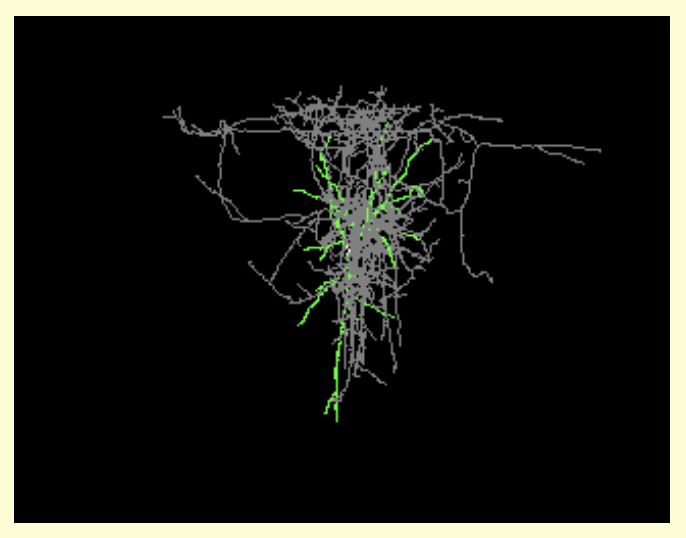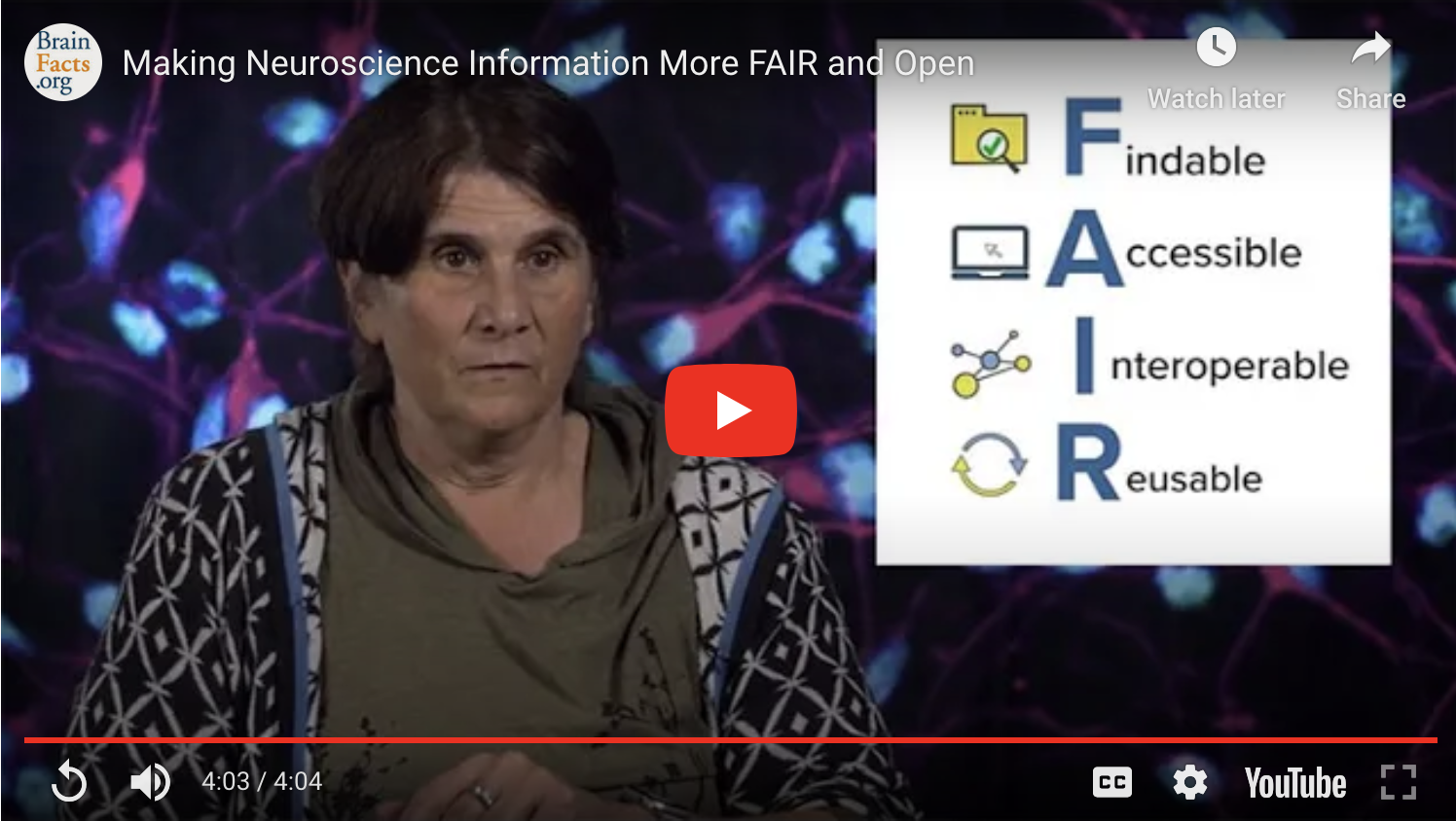Epigenome-wide association study of total nicotine equivalents in multiethnic current smokers from three prospective cohorts.
The impact of tobacco exposure on health varies by race and ethnicity and is closely tied to internal nicotine dose, a marker of carcinogen uptake. DNA methylation is strongly responsive to smoking status and may mediate health effects, but study of associations with internal dose is limited. We performed a blood leukocyte epigenome-wide association study (EWAS) of urinary total nicotine equivalents (TNEs; a measure of nicotine uptake) and DNA methylation measured using the MethylationEPIC v1.0 BeadChip (EPIC) in six racial and ethnic groups across three cohort studies. In the Multiethnic Cohort Study (discovery, n = 1994), TNEs were associated with differential methylation at 408 CpG sites across >250 genomic regions (p < 9 × 10-8). The top significant sites were annotated to AHRR, F2RL3, RARA, GPR15, PRSS23, and 2q37.1, all of which had decreasing methylation with increasing TNEs. We identified 45 novel CpG sites, of which 42 were unique to the EPIC array and eight annotated to genes not previously linked with smoking-related DNA methylation. The most significant signal in a novel gene was cg03748458 in MIR383;SGCZ. Fifty-one of the 408 discovery sites were validated in the Singapore Chinese Health Study (n = 340) and the Southern Community Cohort Study (n = 394) (Bonferroni corrected p < 1.23 × 10-4). Significant heterogeneity by race and ethnicity was detected for CpG sites in MYO1G and CYTH1. Furthermore, TNEs significantly mediated the association between cigarettes per day and DNA methylation at 15 sites (average 22.5%-44.3% proportion mediated). Our multiethnic study highlights the transethnic and ethnic-specific methylation associations with internal nicotine dose, a strong predictor of smoking-related morbidities.
Pubmed ID: 38367619 RIS Download
Research resources used in this publication
Additional research tools detected in this publication
None foundAntibodies used in this publication
None foundAssociated grants
- Agency: NCI NIH HHS, United States
Id: R01 CA092447 - Agency: NCI NIH HHS, United States
Id: T32 CA229110 - Agency: NCI NIH HHS, United States
Id: U01 CA164973 - Agency: NCI NIH HHS, United States
Id: U01 CA202979
Publication data is provided by the National Library of Medicine ® and PubMed ®. Data is retrieved from PubMed ® on a weekly schedule. For terms and conditions see the National Library of Medicine Terms and Conditions.
This is a list of tools and resources that we have found mentioned in this publication.
University of Hawaii at Manoa Cancer Center Genomics and Bioinformatics Shared Resource Core Facility (service resource)
RRID:SCR_019085
Core offers central service that uses genomic technologies combined with expert data analysis.Provides genomic analyses and bioinformatics as well as technical and scientific consultation,collaboration and initial data interpretation to all UH faculty with priority given to Cancer Center members with federal funding for cancer related projects. Offers expertise in molecular biology, genetics, genomics and bioinformatics, and can provide project planning, advice, and troubleshooting at all phases of the project.Genomic analysis services include DNA/RNA isolation, plating, and quality analysis, custom genotyping, Real-Time qPCR-based gene expression, copy number and methylation assays, pyrosequencing, Affymetrix and Illumina microarray based assays,Next Generation Sequencing on NextSeq500, iSeq100, NanoString nCounter analysis.
View all literature mentions




